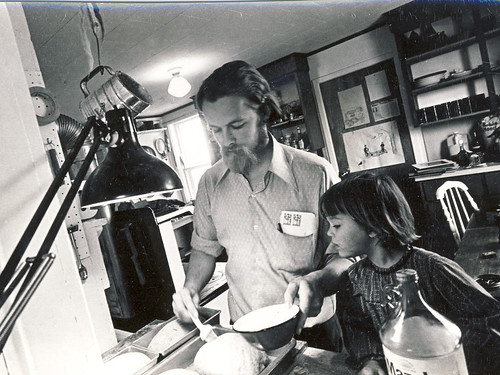Harper’s put this up today:
The policeman buys shoes slow and careful; the teamster buys gloves slow and careful; they take care of their feet and hands; they live on their feet and hands.
The milkman never argues; he works alone and no one speaks to him; the city is asleep when he is on the job; he puts a bottle on six hundred porches and calls it a day’s work; he climbs two hundred wooden stairways; two horses are company for him; he never argues.
The rolling-mill men and the sheet-steel men are brothers of cinders; they empty cinders out of their shoes after the day’s work; they ask their wives to fix burnt holes in the knees of their trousers; their necks and ears are covered with a smut; they scour their necks and ears; they are brothers of cinders.
–Carl Sandburg, Psalm of Those Who Go Forth Before Daylight, first published in Cornhuskers (1918)
…and I was reminded of Robert Frost’s sentiments re: Carl Sandburg, as disclosed in a letter to Lincoln MacVeagh (quoted in Paul Muldoon’s essay on The American Songbag, in the Marcus and Sollors New Literary History of America, pp 609-610):
We’ve been having a dose of Carl Sandburg. He’s another person I find it difficult to do justice to. He was possibly hours in town and he spent one of those washing his white hair and toughening his expression for his public performance. His mandolin pleased some people, his poetry a very few and his infantile talk none… I heard someone say he was the kind of writer who had everything to gain and nothing to lose by being translated into another language.
Some balance is restored, perhaps, by this from Christian Wiman in his essay on Frost in the same New Literary History of America (p 540):
Of course, there are more shoals than poems, more confusion than the songs that seem, briefly, to contain and control it. This is particularly true for modern poets and their inheritors. With this in mind, the buffoonery and bluster of Frost’s public persona become, perhaps a bit more explicable, as do all the cutesy, folksy poems that seem to have been written solely in the service of this persona.
Honors about even, don’t you think?
